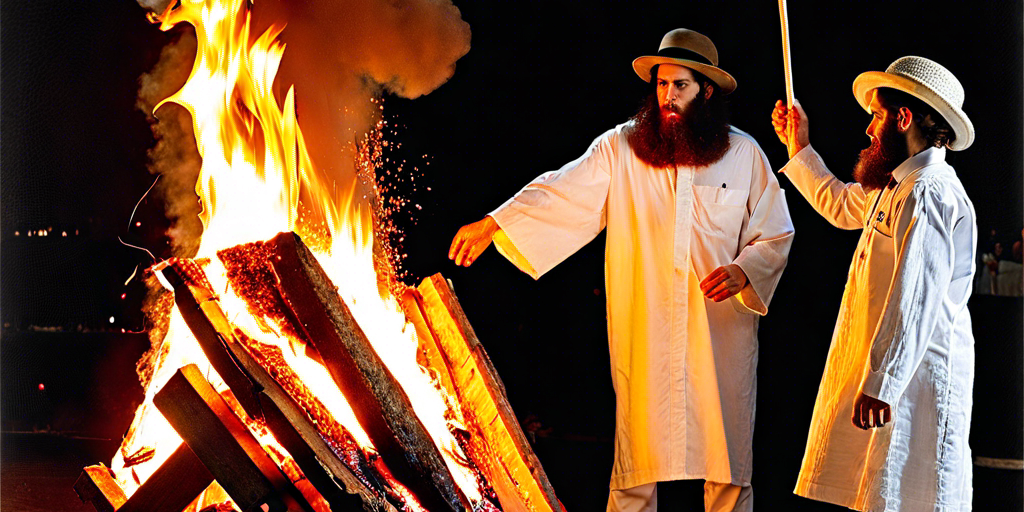From The Rabbi’s Study…Shabbat, May 24, 2024/16 and 17 Iyar 5784 (Omer 31)
Lag B’Omer, which is the 33 day of the Omer, will be Sunday, May 26. This day in Israel are celebrations, BBQs, you may get married, and cut your hair (during the counting of the Omer there are restrictions of what a Jewish person may do).
We Honor and Respect all our Armed Forces and Veterans on Memorial Day and EVERYDAY!
This Sabbath the Torah continues with the Laws regulating the Sabbath and the Jubilee Year, caring for the poor, and G-d’s rewards and punishments.
The Sabbatical and Jubilee Year is found in the Torah and the Jewish people rest after six days of working, which is the Sabbath; it also commands a Sabbath year of rest for the land and cultivation after every six years. The Torah calls for the Jewish people to have a Yovel/Jubilee, every fiftieth year, which completes the cycle of seven year Sabbatical years.
The Sabbatical year was meant to teach us that all the land is owned by G-d, and the land was given to human beings to take care and manage the land keeping with G-d’s purposes. In the fiftieth year the Jewish people slaves and their families were given their freedom, and all tangible goods, except for houses within a walled city, reverted to their original owners. This was to safeguard against poverty. Economically this was to maintain the distribution of wealth. The Jubilee reminds everyone that “the earth belongs to G-d” and that we must control their natural acquisitive instincts.
Today, farmers rotate their crops, and leave some of their lands fallow. This method helps crop growth and healthy and stronger plants. The Ancient world knew about the ecology and their environment, and how to tend their lands. The Jewish people knew the life of cruel slavery under Pharaoh for 400 years, and the laws for Hebrews that owned slaves (some people had no means to provide for them, while others were captured during wars) on the release of their slaves during the seventh year.
The Torah in (Leviticus 25:36-37) prohibited against usury. Jewish communities all over the world have free loan societies which help Jews in need. These societies or organizations are known as Gemilut Chasadim/ acts of loving kindness. There are several examples in (Leviticus 25:25,35,39, 47) caring for the poor.
Many cities throughout our country and some countries of the world have organizations that help those in need, while other organizations help them to find work and earn wages in order to live. Our community has food pantries, and places to obtain hot meals (Solman’s Porch is one).
The Torah states: “They shall not be sold as slaves are sold.” (Leviticus 25:42)
The Jewish people throughout the centuries had slaves, even during the Civil War. Yet, the Jewish owned slaves rested on the Sabbath, and other people were hired to tend the farms or plantations. The caring and kindness continues even during wars and the care for the captives, which is a unique quality and brings light into the world by the Jewish people.
Am Ysrael Chai!
Shabbat Shalom,
Rabbi Helene Ainbinder







